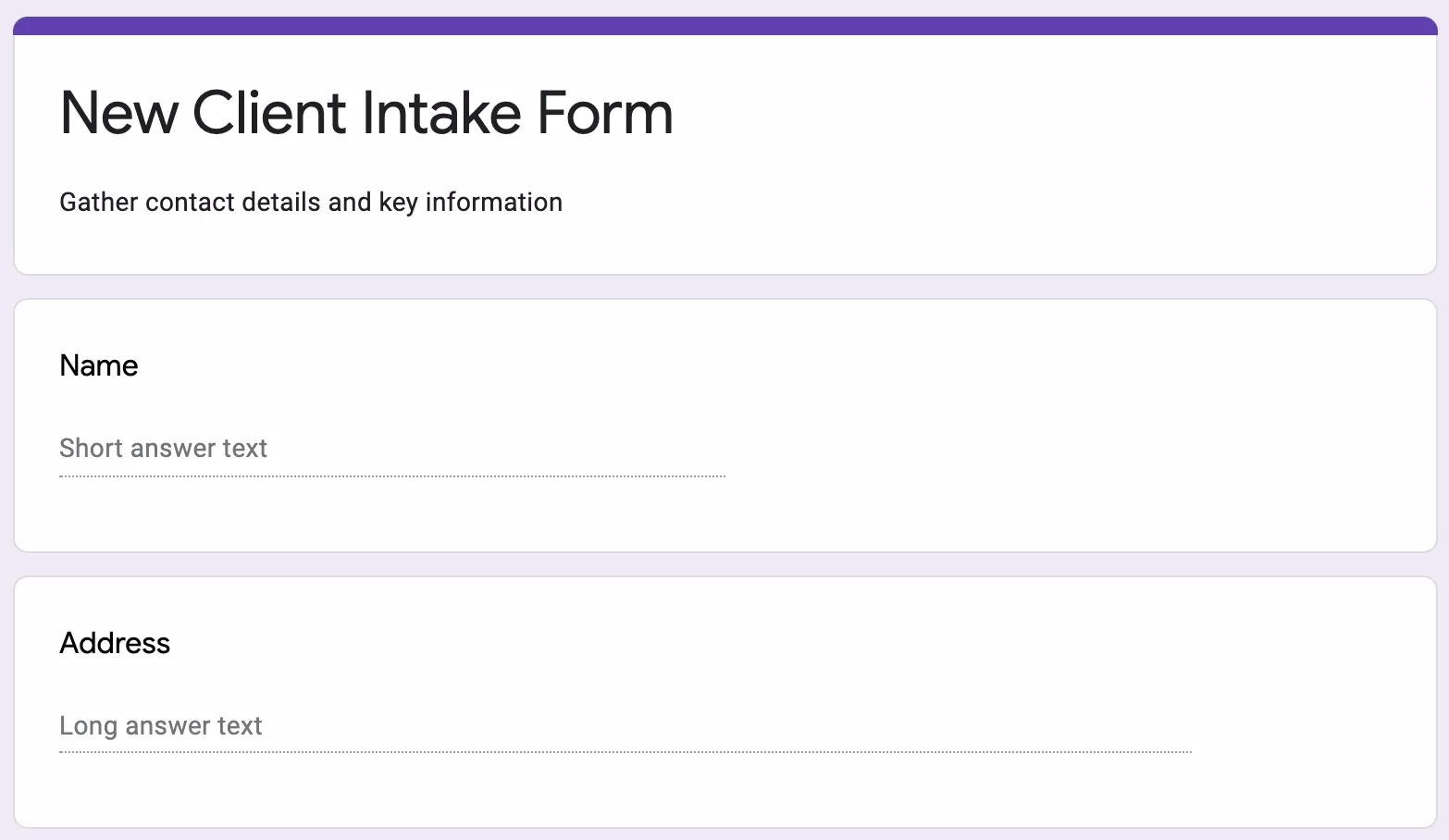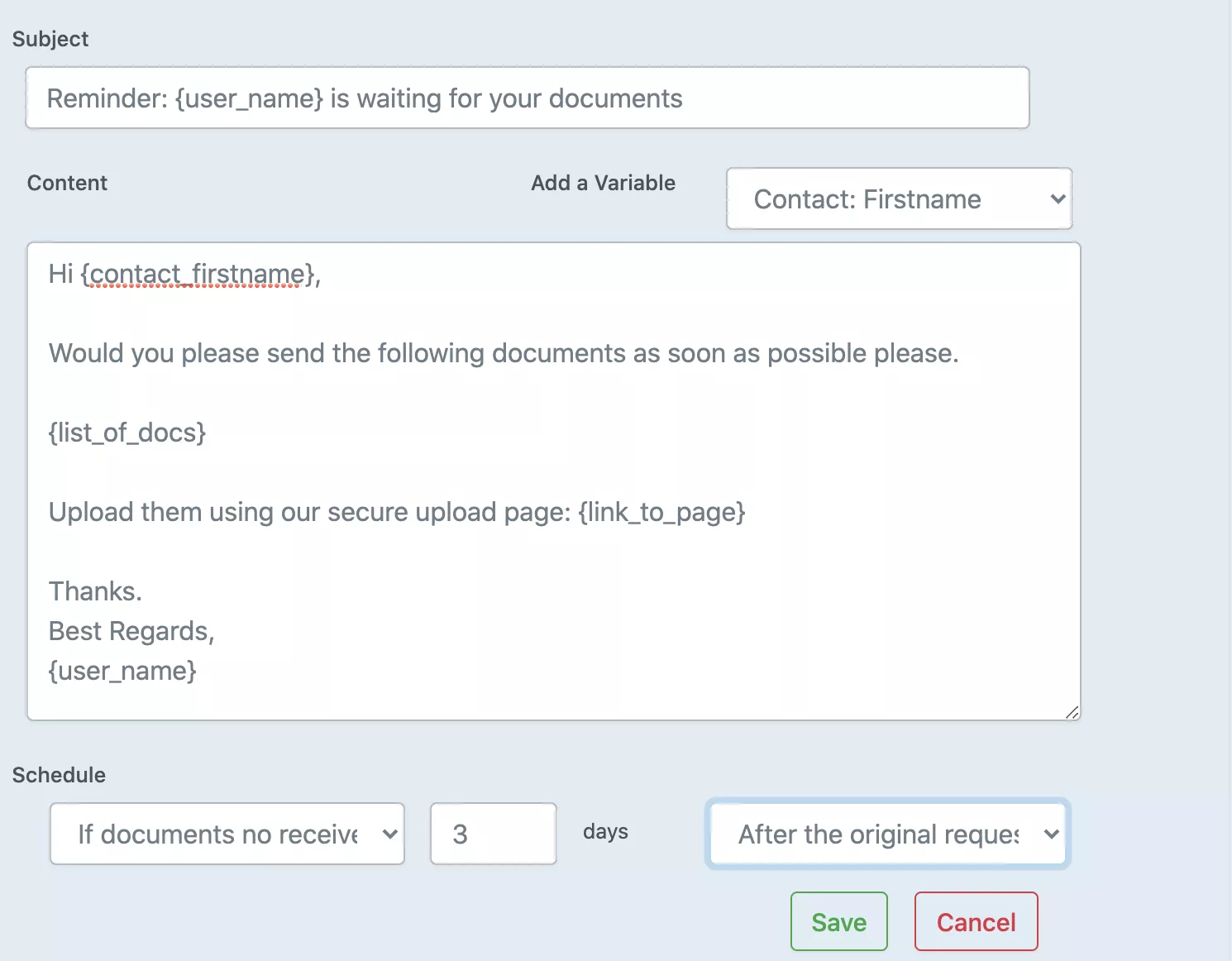A Seller Property Questionnaire (SPQ) is a critical document in real estate transactions. It requires the seller to disclose vital information about the property’s condition, potential issues, and any repairs completed. This transparency builds trust and reduces the risk of legal issues after the sale.
The SPQ covers various aspects of the property, including structural integrity, legal matters, and neighborhood concerns. Sellers must provide truthful, detailed information, ensuring buyers make informed decisions.
Compliance with this questionnaire is not just a good practice but a legal requirement in many regions. Failure to disclose known issues can lead to significant legal complications and financial penalties.
Understanding the Seller Property Questionnaire
The Seller Property Questionnaire (SPQ) is a crucial part of real estate transactions, providing transparency about property conditions and legal issues. It helps build trust between the buyer and seller through comprehensive disclosures and due diligence.
Purpose and Importance
The SPQ’s main purpose is to inform the buyer about the property’s condition and any potential issues. This document ensures that both parties fully understand the property’s state. It provides a detailed account of any repairs, defects, or modifications made to the property, enhancing transparency.
This helps in fostering trust and preventing disputes that may arise from undisclosed issues. Accurate knowledge shared through the SPQ is vital for smooth transactions.
Legal Implications for Sellers
Failing to provide accurate information in the SPQ can lead to legal consequences for the seller. The law requires sellers to disclose any known property defects or legal issues that could affect the value or desirability of the property.
Inaccurate or incomplete disclosures can result in lawsuits, penalties, or the rescission of the sale. Providing truthful and thorough disclosures safeguards the seller against future legal liabilities.
Is the SPQ required in real estate transactions?
In many jurisdictions, the seller questionnaire is a mandatory part of real estate transfer. It serves as a standardized method for disclosure, ensuring that buyers receive consistent and reliable information. However, requirements may vary depending on local regulations and the type of property being sold.
Buyers should check local laws to understand whether the SPQ is compulsory for their specific transaction. Even if not legally required, utilizing an SPQ can still benefit both parties by establishing clear communication and trust.
What does the SPQ require the seller to disclose?
The SPQ mandates sellers to disclose several aspects, the disclosure form includes:
- Structural: Repairs, damages, and modifications.
- Systems: HVAC, plumbing, and electrical systems.
- Legal Issues: Liens, disputes, or other legal matters.
- Environmental: Presence of hazardous materials or conditions.
- Neighborhood Concerns: Issues related to noise, crime, and other local factors.
This broad range of disclosures ensures that buyers are well-informed about any potential risks or concerns.
When should the SPQ be completed and delivered to a buyer?
The SPQ should be completed and provided to the buyer early in the transaction process. Ideally, this occurs as soon as the property is listed or just after an offer is accepted.
Timely delivery allows the buyer to review the disclosures and conduct their due diligence before finalizing the purchase. Ensuring early completion helps prevent delays and builds confidence in the transaction.
Are there any exemptions from providing the SPQ?
Certain types of transactions may be exempt from requiring an SPQ. For example, sales involving foreclosures, properties sold by an estate, or transfers between family members might not need an SPQ.
Exemptions are generally specific to local regulations and property circumstances. Sellers should check legal requirements to determine if their transaction qualifies for exemptions, ensuring compliance with applicable laws.
Key Components of the SPQ
The Seller Property Questionnaire (SPQ) is an essential document that provides detailed information about the property’s condition, features, and history. This helps buyers make informed decisions.
Identifying Information
Accurate identifying information is crucial. This includes the property address, owner names, and contact details. It ensures that all subsequent details correspond to the correct property. Clear and precise identification aids in clear communication and avoids misunderstandings between the buyer and seller. Information such as parcel numbers or legal descriptions may also be included.
Example Question:
- What is the full address of the property?
- Who are the current legal owners of the property?
- Can you provide the parcel number or legal description of the property?
Property Details and Features
Detailed descriptions of the property’s features are provided. This includes the number of bedrooms and bathrooms, square footage, and special features like a pool, fireplace, or garage. The presence of utilities such as gas, electricity, and water supply is also noted. Describing unique property characteristics can influence the buyer’s interest and valuation.
Example Question:
- How many bedrooms and bathrooms does the property have?
- What is the total square footage of the property?
- Does the property include any special features like a pool, fireplace, or garage?
- Are all standard utilities (gas, electricity, water) available and in working condition?
Disclosure of Material Facts
Any material facts that could affect the property’s value or desirability must be disclosed. This might include prior water damage, foundation issues, or termite infestations. Issues like zoning changes or upcoming developments are also disclosed. Honest and thorough disclosure helps maintain trust and can prevent future legal disputes.
Example Question:
- Has the property ever experienced water damage? If so, what was the cause and extent of the damage?
- Are there any known foundation issues with the property?
- Has the property ever had a termite infestation?
- Are there any upcoming zoning changes or nearby developments that might affect the property?
Condition of the Property
The current condition of the property’s major systems is outlined. This covers the integrity of the foundation, roof condition, electrical systems, and plumbing. Any existing defects or damage must be clearly described. If there are signs of damp or mold, these should be highlighted, as they can significantly impact the property’s habitability.
Example Question:
- What is the current condition of the property’s foundation?
- When was the roof last inspected or replaced?
- Are there any issues with the electrical systems?
- Have there been any problems with the plumbing?
- Are there any signs of damp or mold in the property?
Past Repairs and Modifications
Records of past repairs and modifications provide insight into the property’s maintenance history. This includes details of any renovations or structural changes. Permits and inspections related to these modifications should be listed. Knowing the extent and quality of past repairs can help buyers gauge the property’s current and future needs.
Example Question:
- What repairs or renovations have been made to the property in the past?
- Were proper permits obtained for all modifications?
- Can you provide details of any inspections related to these repairs or modifications?
- Are there any warranties or guarantees on the work that was done?
Completing the Questionnaire
Accurate and thorough completion of the Seller Property Questionnaire (SPQ) is essential for a smooth property transaction. The process involves ensuring the accuracy of the information provided and attaching necessary supporting documents.
Filling Out the SPQ Accurately
For this step, it’s crucial to provide precise and honest information about the property. Any errors or omissions can lead to legal complications or delayed transactions. Sellers should detail issues like past property repairs, environmental hazards, and any legal disputes.
Professional assistance from a real estate agent can help in this process. They ensure all required data is correctly filled out. Accuracy is key to avoid future disputes. Reviewing past property maintenance records can provide the necessary information and help in answering the questions thoroughly.
Providing Supporting Documentation
Supporting documentation consolidates claims made in the SPQ. This might include receipts for repairs, maintenance records, or any warranties applicable to the property. Including these documents ensures transparency and builds trust with potential buyers.
Essential documents include title deeds, building permits, and inspection reports. These should be organized and easily accessible. Working closely with real estate professionals can streamline the collection process, ensuring all necessary paperwork is compiled and presented effectively.
Role of Digital Tools in the SPQ Process
Digital tools streamline the Seller Property Questionnaire (SPQ) process by making data collection more efficient and accessible. These tools help to standardize the real estate process and ensure that accurate information is provided.
Online Forms and Data Collection
Online forms transform how sellers complete the SPQ. They offer a user-friendly interface where sellers can input required information efficiently. These forms often include validation checks to ensure accuracy, minimizing errors and omissions.

Real estate agents benefit from having standardized data which is easily accessible and shareable. This standardization aids in maintaining consistent records for regulatory compliance and reduces the need for physical paperwork.

Easing the Process through Technology
Technology simplifies the SPQ process considerably. Software platforms enable sellers and agents to complete and review questionnaires from any location, enhancing accessibility. These platforms often integrate with other real estate tools, allowing seamless data transfer and updates.
Automation features, such as reminders for incomplete sections and digital signatures, further enhance efficiency. The use of technology ensures the process is quicker, less prone to error, and more transparent for all parties involved.
Automate SPQ with File Request Pro
File Request Pro stands out as a robust onboarding automation software, streamlining document collection and management. Tailored for efficiency, it provides a seamless onboarding experience.
File Request Pro helps you to create a questionnaire form and automate a reminder email sequence. It also makes it easy for you to be precise about what files and information you need to gather. It is easier to guide clients to upload the correct content with a smart user interface, rather than chasing them after they’ve already sent you files.

Make use of the technology available to you and explore how automated operations can benefit your business.